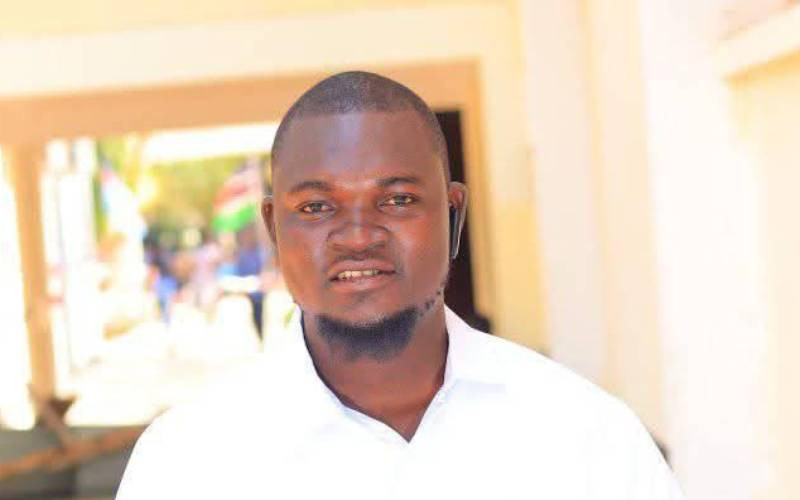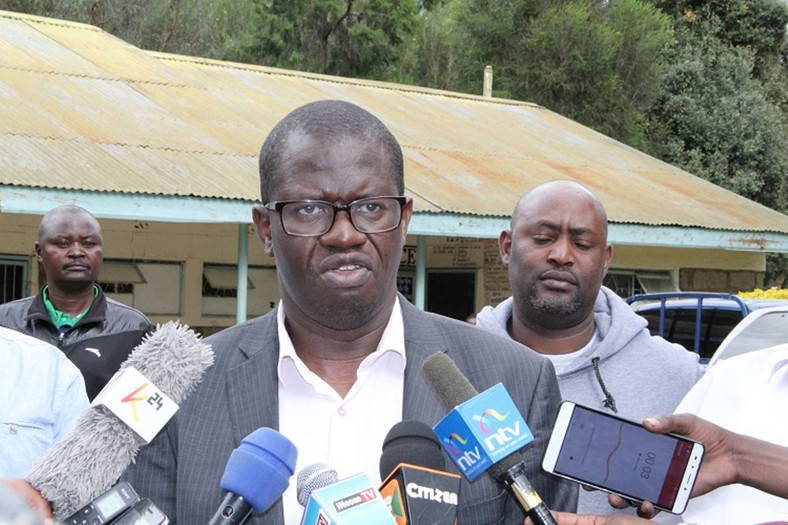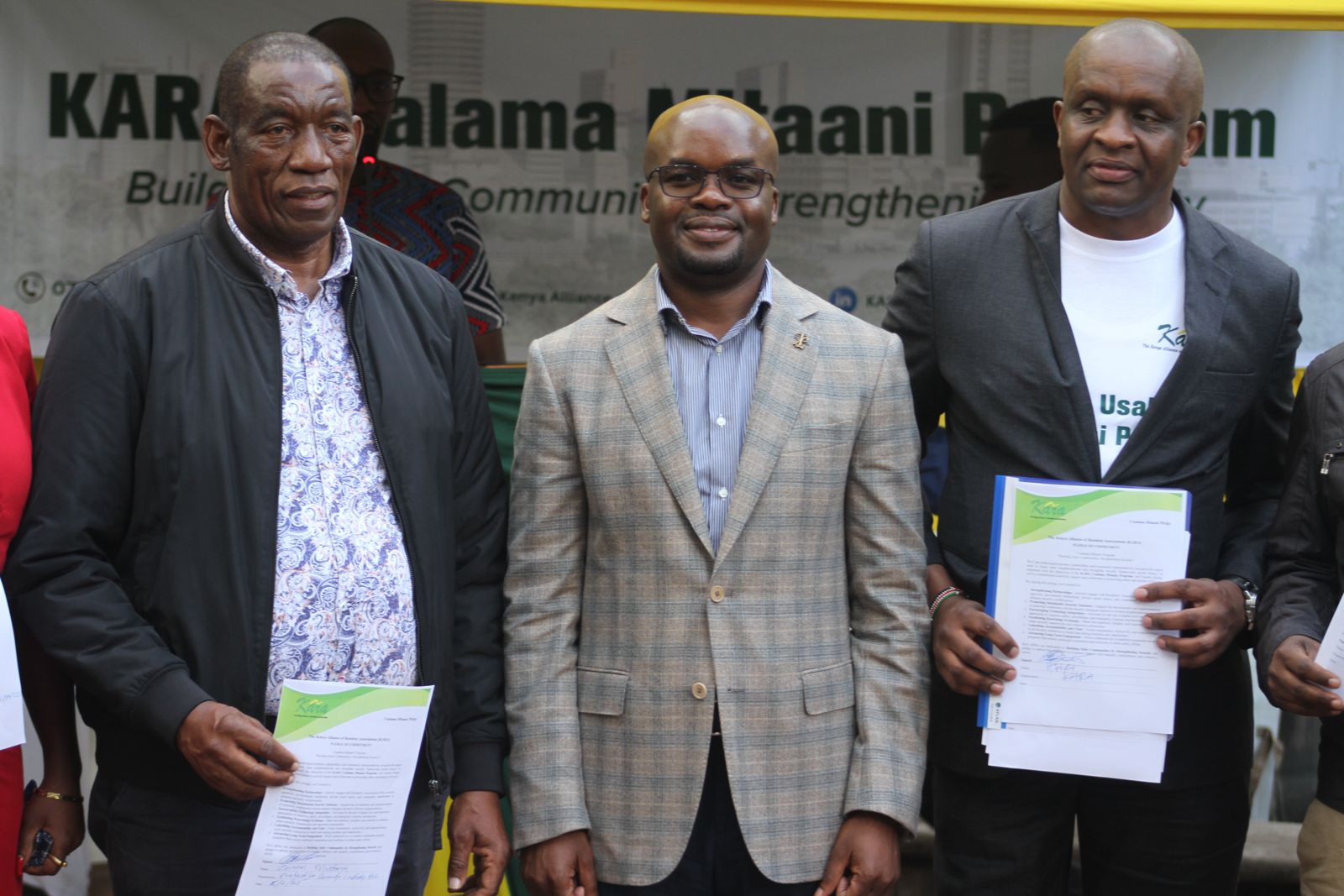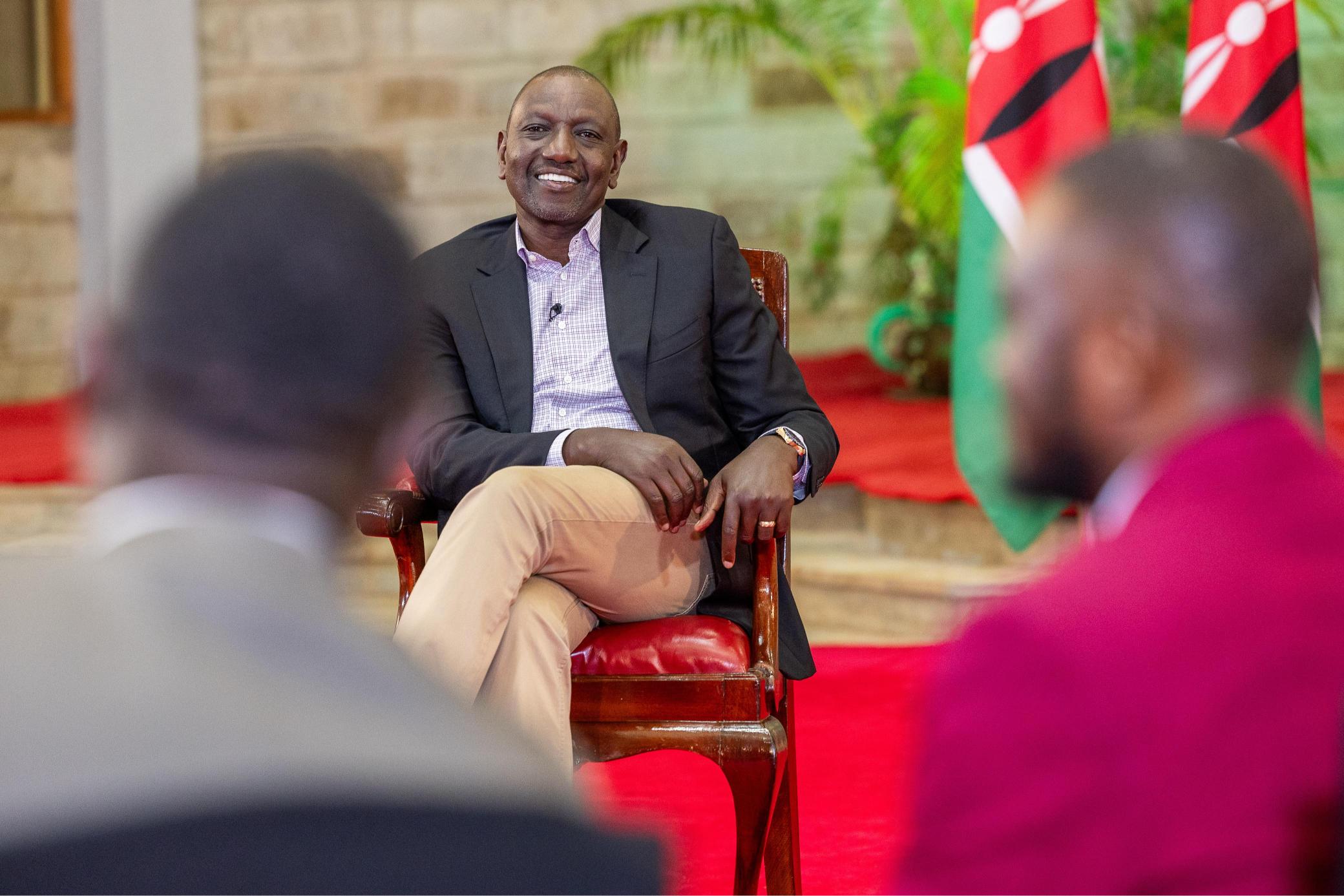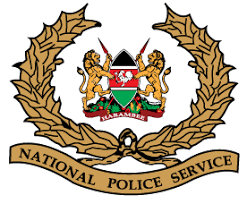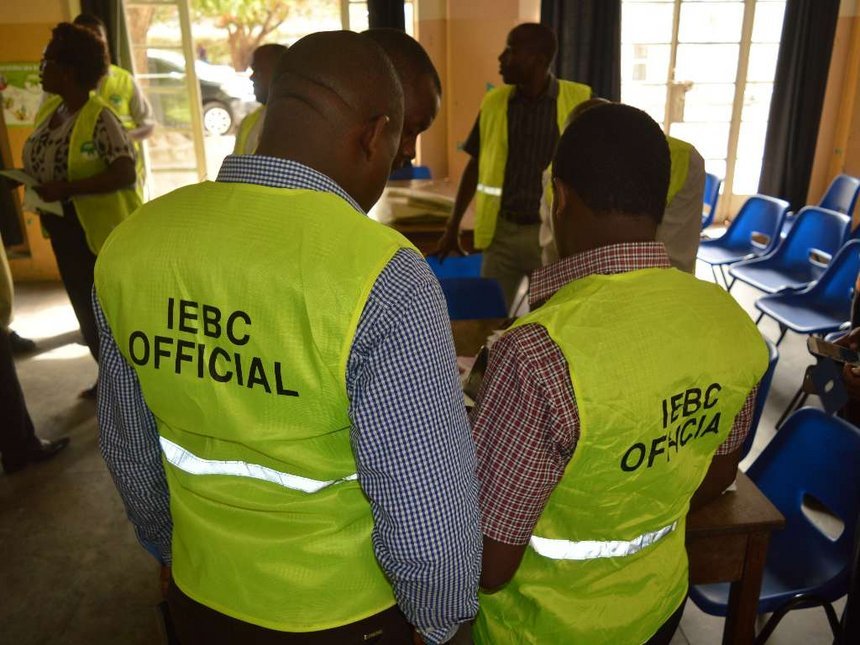Protests Continue As Kenyans Continue To Seek Justice For Ojwang (Video)
Anger is escalating across Kenya following the death of Albert Ojwang, a 31-year-old activist who died while in police custody at Nairobi’s Central Police Station. Ojwang had been arrested on Saturday, June 8, 2025, after the police filed a complaint accusing him of damaging their reputation on social media. His death has ignited street protests as Kenya approaches the one-year anniversary of daily uprisings against government corruption and tax reforms.
Albert Ojwang passed away just a few hours after his arrest. He had been detained for allegedly criticizing the police on his blog and social media platforms. According to the police, Ojwang injured himself by “banging his head against the wall” in his cell – an official explanation vehemently disputed by his family and supporters.
Autopsy Awaited as Family Demands Answers
Ojwang’s autopsy, initially scheduled for Monday, June 10, 2025, was postponed and is now set for Tuesday, June 11, 2025. The results are eagerly anticipated by a nation demanding answers. RFI’s correspondents in Kenya reported that Ojwang’s father has been waiting for hours at the morgue, finding the police’s version of events highly unconvincing, with many critical questions still unanswered.
Julius Juma, the family’s lawyer, addressed the press, stating: “We do not yet know the exact cause of Albert’s death or who is responsible. If he was arrested for the reasons given, why was he placed in solitary confinement? Why are we being told he hit his head against the wall? His body showed numerous injuries—to his head, hands, and shoulders. His head was completely swollen.”
Several human rights activists also gathered at the morgue, united in their demand for justice for Ojwang. Hussein Khalid, head of the human rights group Vocal Africa, spent the day at the mortuary and told RFI: “We say: ‘enough is enough’. We have lost too many lives at the hands of the police. Whatever the circumstances, no one should die in police custody.”
Protests and Police Action
A protest march commenced in the capital, Nairobi, on Monday, near the Central Police Station where Ojwang died. Some protesters clashed with police officers who deployed tear gas on activists twice, attempting to disperse the demonstrations.
Police claim that Ojwang was found unconscious in his cell and subsequently transported to the hospital, where he was pronounced dead upon arrival. In response to the escalating outcry, all officers who were on duty the night Ojwang died have been suspended to facilitate the ongoing investigation. Police Inspector-General Douglas Kanja confirmed that these officers will not be returning to work pending the outcome of the probes. The police department also announced that the Independent Policing Oversight Authority (IPOA) has launched a parallel investigation into the incident.
Skepticism and Calls for Accountability
Despite the official actions, significant skepticism remains among the public and activists. “Until now they have not told us the truth. We know there were more injuries. They have decided to sacrifice junior officers. We want justice for Ojwang and many others who have lost their lives,” Khalid of Vocal Africa asserted, reflecting widespread distrust.
Rights group Amnesty Kenya released a statement underscoring that Ojwang’s arrest raises serious questions. They demanded that the results of the IPOA report be made public and that any officers found responsible be held fully accountable for their actions.
This tragic death of a blogger and activist comes almost a year after several other activists and protesters were reportedly killed and abducted by Kenyan police during the finance bill protests in 2024, further fueling public mistrust in the government and its institutions.

